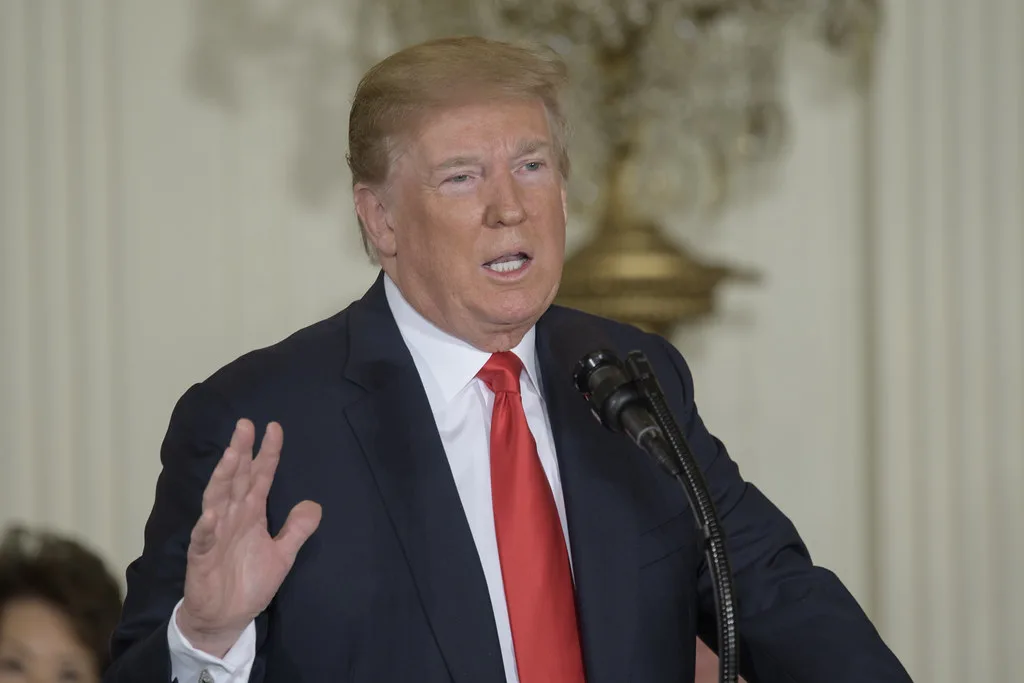President Donald Trump is expected to present a 2026 budget plan that aims to significantly reduce government spending on areas like the environment, renewable energy, education, and foreign aid. The Wall Street Journal reported that the proposed budget would lower nondefense discretionary spending by over $160 billion.
What Is This Budget Proposal?
This upcoming budget plan, which is scheduled to be released by the White House on Friday, mainly outlines Trump’s priorities if he wins another term. While it doesn’t become law on its own, it serves as a blueprint to show what areas he would focus on. Congress—currently led by Republicans with narrow control—will discuss and decide which parts of this plan to accept, reject, or modify in the coming months.
Key Details
According to officials familiar with the proposal:The suggested total for nondefense discretionary spending is $557 billion.
This would be $163 billion less than what’s projected to be spent in the current fiscal year, which ends on September 30, 2025.
The administration claims this reduction is about 22.6%, although the method used to calculate this percentage wasn’t clearly explained.
What Does “Nondefense Discretionary Spending” Mean?
This type of spending includes funding for many government services and programs that are not related to the military. That means areas like environmental protection, public education, energy research, housing, and international aid would all be affected by such budget cuts.
Symbolic But Important
Even though this budget proposal is more of a political statement than a final decision, it plays a big role in shaping the conversation around national spending. It gives insight into what policies Trump would likely support if given another term, especially regarding shrinking the size of the federal government in certain sectors.
Trump’s New Tax Plan: No Taxes on Tips or Overtime, But Warns of Possible Hike
President Donald Trump has announced that he is actively working on a major tax reform bill. He assured that the process is going smoothly and on schedule. As part of the plan, Trump stated that there would be no taxes on tips or overtime pay. However, he also issued a warning—if the bill doesn’t pass, taxes could rise by as much as 68%, according to him.


Be First to Comment